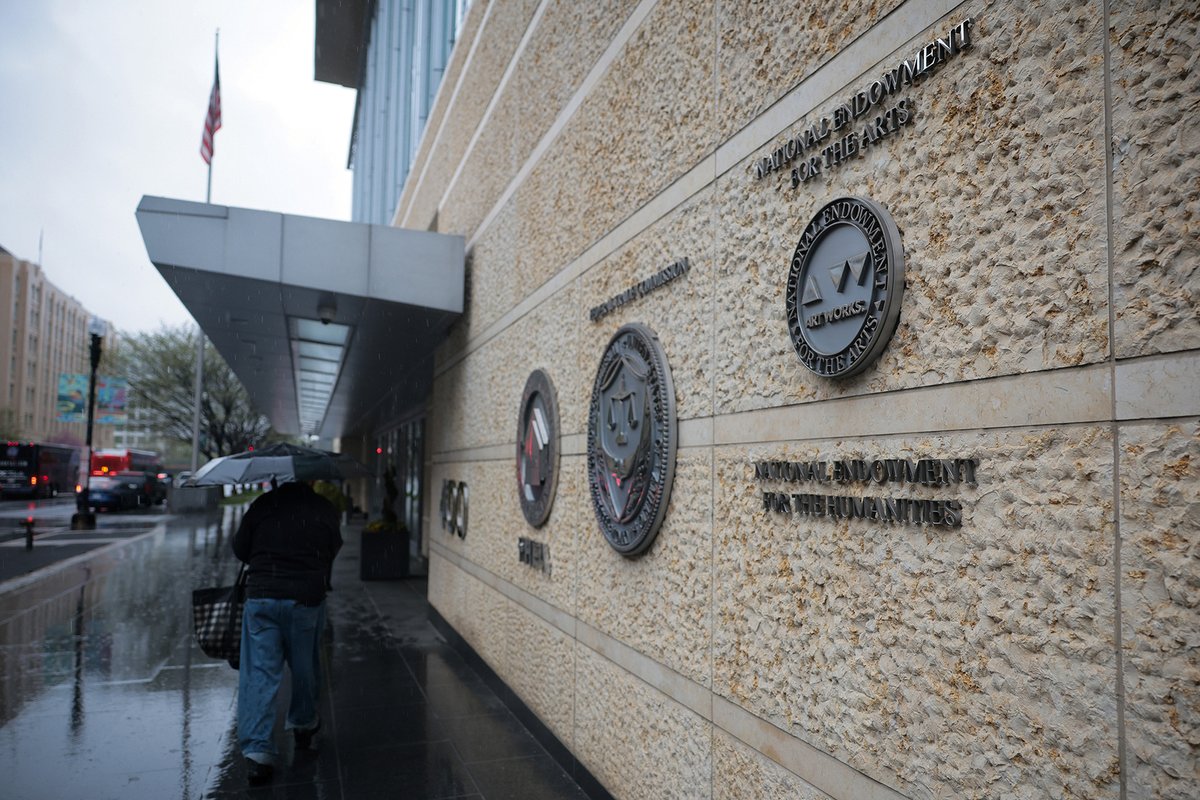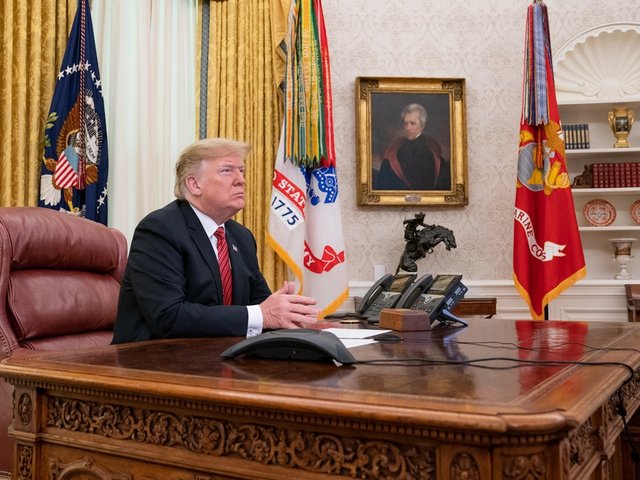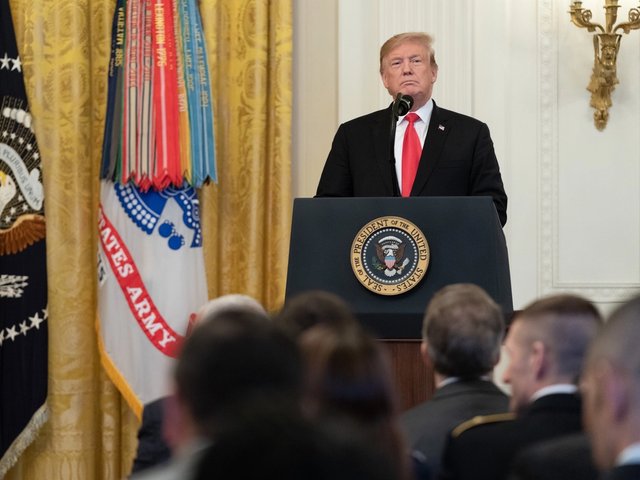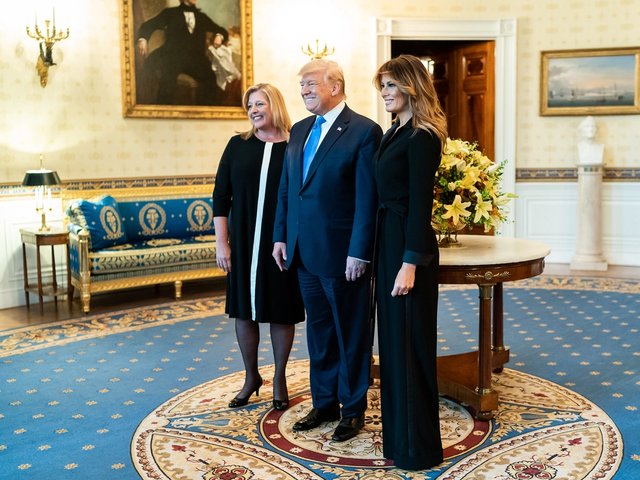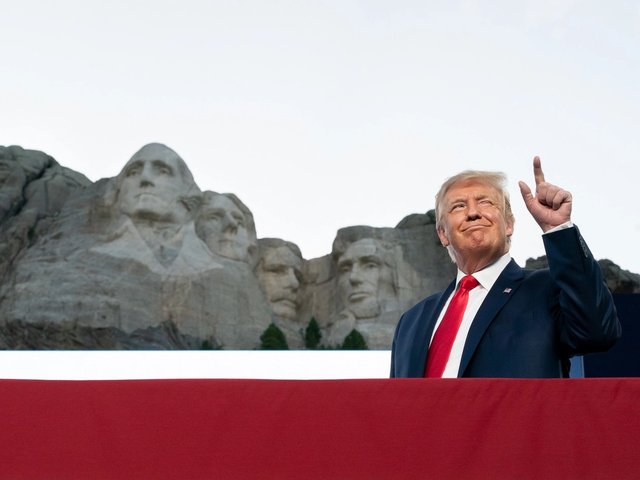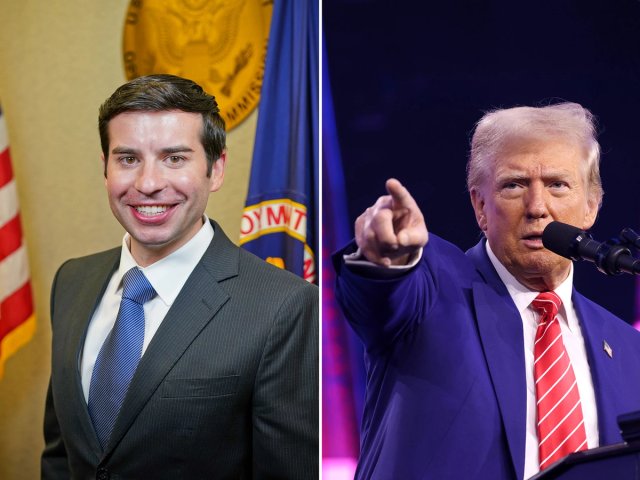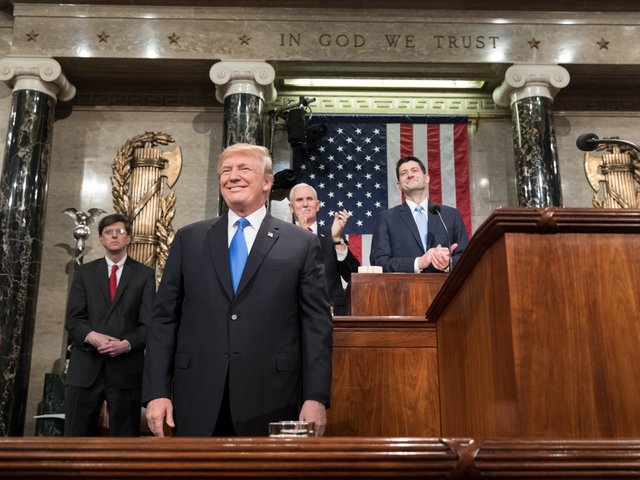Work at the top cultural funding agencies in the United States—the National Endowment for the Arts (NEA), the National Endowment for the Humanities (NEH) and the Institute of Museum and Library Services (IMLS)—has been quietly picking up, after the administration of US President Donald Trump and its Department of Government Efficiency (Doge) slashed staff and cancelled grant programmes this spring. But the coming months will reveal what form of arts support these agencies will provide, as Congress reconvenes this autumn to haggle over the government budget, and the results of Trump’s executive orders about cultural output are seen in actual works and artistic productions.
The NEA has been the most active of the agencies. According to several sources, including grantees, some of the funding promised for the 2025 fiscal year by the NEA, which was abruptly cancelled in May, has been recouped by arts organisations, either through a grant appeals process set up by the agency or by submitting receipts for costs already incurred. Those that had already signed official grant agreements with the NEA were more successful in recovering their funding, sources say, with 80% to 90% of these grants paid out partially or fully. But groups that had only been notified that their projects had been approved for a grant, which was later withdrawn, have had less luck, unless they were able to show that their projects supported one of the areas the Trump administration has identified as policy priorities, such as art that relates to health and wellbeing, or works tied to the 250th anniversary of the Declaration of Independence in 2026.
Three Bone win
The Three Bone Theatre in Charlotte, North Carolina, was able to recover all of its $20,000 grant from the NEA for a series of three productions by the Chicano playwright Luis Alfaro centred around immigrant families by submitting receipts for its expenses. And Robin Tynes-Miller, the theatre’s artistic and operations director, says it would consider applying for an NEA grant again if the theatre has a project that will fit the agency’s new guidelines.
“This is a wonderful short-term win for us to be able to get that full amount, especially at this time, to be telling Chicano and immigrant stories,” Tynes-Miller says. “I’m not sure if funding will be there for projects like that from the NEA in the future.”
Great Plains knockback
The Great Plains Theatre Commons (GPTC) in Omaha, Nebraska, had been awarded a $35,000 grant from the NEA earlier this year to support its annual New Play Conference, and was even highlighted in the agency’s announcement of its most recent round of grants, released just before Trump’s inauguration in January. It never received those funds, and its letter challenging the grant’s cancellation went unanswered by the NEA. The organisation has submitted a new application, although it is not setting any expectations on receiving another grant.
“We have a pending renewal request with the NEA,” says Rachel Hauben Combs, GPTC’s development director, but she has advised the organisation’s board leadership team not to put NEA funding into its 2026 budget projections, “because I just felt like that would be irresponsible given the cancellation of our 2025 award”. Combs adds that, despite the directives banning any federal support of programmes aimed at diversity, equity and inclusion efforts, GPTC will not change how it presents its work to secure funding. “The word ‘diverse’ is literally in our mission statement,” she says.
The NEA has also been considering new applications, with meetings of the National Council on the Arts, the advisory body that recommends which projects should receive funding, held in May and July, with the public portion posted on the agency’s YouTube page. The council voted on and approved a batch of applications, but the final decision on awards will be made by the NEA’s acting chair, Mary Anne Carter, who was previously appointed as the agency’s leader during Trump’s first term. The only grants publicly announced recently are for projects supporting military communities, with a combined $886,000 distributed to 48 organisations.
Expert volunteer panels go incognito
The partnership grants issued to state and regional arts agencies, which make up 40% of the funding the NEA provides as mandated by Congress, have also been distributed to all 50 states and six jurisdictions, covering activities for the 2026 fiscal year. These grants allow states to leverage a combined $650m from their local governments, supporting more than 30,000 grants nationwide, according to the National Assembly of State Arts Agencies (NASAA). “Sustaining the federal-state partnership is a positive step that is stabilising for the arts sector at this time,” says Kelly J. Barsdate, an executive adviser at NASAA.
New panels of expert volunteers have also been recruited across the NEA’s various categories—from theatre and dance to visual and folk art—to review applications for the rest of the year, before they are presented to the advisory council this autumn and winter. The names of panellists dating back to 2010 were previously publicly available on the NEA’s website. This information has since been removed, although the agency says on a webpage explaining its grant review process that “panelists’ names are listed on our website once grants are announced”.
While grant-making is the core of the NEA’s work, one of its less publicised, though hugely important, duties is running the country’s Arts & Artifacts Indemnity Program, which significantly reduces the insurance costs museums need to pay to stage major loan exhibitions. Blockbuster shows that have benefited include Van Gogh: The Roulin Family Portraits at the Museum of Fine Arts, Boston (until 7 September), Gustave Caillebotte: Painting His World at The Art Institute of Chicago (until 5 October) and Modern Art and Politics in Germany, 1910-1945: Masterworks from the Neue Nationalgalerie, Berlin at the Albuquerque Museum (until 4 January 2026). The panels for this programme met regularly this spring and summer, but it is not yet clear which future exhibitions have been approved for government indemnity.
Lawsuit successes
Some of the NEH’s cancelled grants have been similarly resuscitated, thanks to the numerous lawsuits brought by cultural and research organisations. A two-year, $350,000 grant promised to the Waystation Initiative at the University of California Los Angeles’s Cotsen Institute of Archaeology, for example, was reinstated in early July as a result of a California federal judge’s ruling in a case brought by a group of medical researchers. Lawyers for the president are appealing the decision, but the appellate judges have so far seemed open to the argument that the Trump administration violated the researchers’ First Amendment rights when it cancelled the grants. “It’s very touch-and-go, so we have to strategise carefully and it makes it difficult to plan complex events,” says Lyssa C. Stapleton, the Waystation’s director.
In another lawsuit, brought by the American Council of Learned Societies, the American Historical Association and the Modern Language Association, a federal judge in New York ordered in August that cancelled NEH grant money cannot be reallocated while that case is being tried. That does not mean the grant funding is readily available, however.
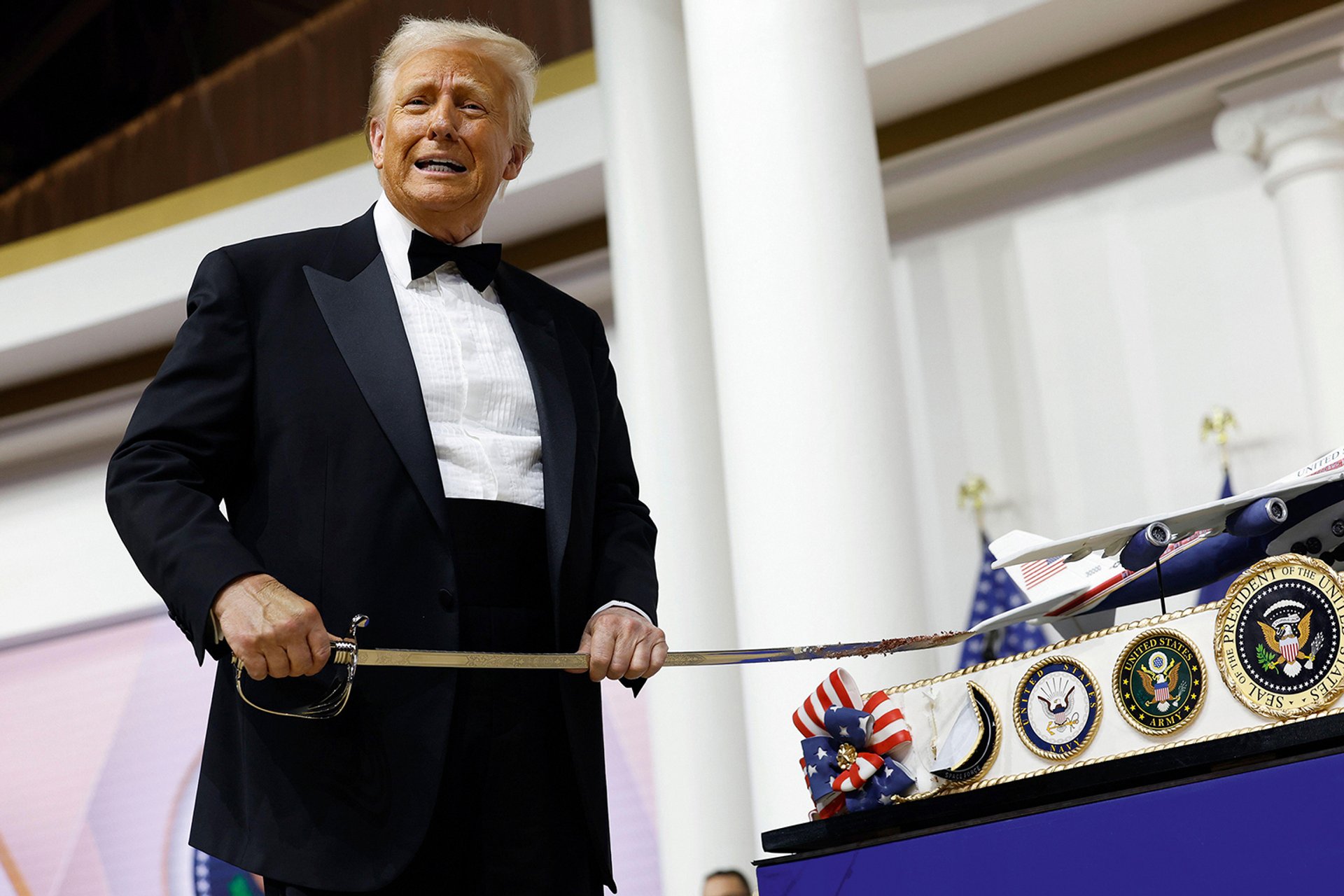
Under President Trump, arts funding priorities are pivoting towards areas including military history, artificial intelligence and the “American Dream”
Anna Moneymaker/Pool via CNP/dpa picture alliance/Alamy Live News
The NEH started releasing some grant funding in May, and a larger swathe in August, awarding more than $44m to projects that largely align with the Trump administration’s focus on the nation’s early history. It also announced some new grant opportunities, focused on other special interests of the administration including artificial intelligence research, military history, the “American Dream” of economic prosperity, and projects “that explore the role of the United States as a leader in global affairs, emphasizing themes of American exceptionalism, moral leadership and America’s national interest”.
And later in August, the agency announced a major reorganisation, reducing the functions and staff of what were once seven grantmaking offices into four divisions: Federal/State Partnerships, Collections & Infrastructure (combining, it seems, the “Challenge” grants program with Preservation & Access), Lifelong Learning (presumably combining Education, Digital Humanities and Public Programmes), and Research (folding in Data and Evaluation). A director of Special Projects was also named, to focus on semiquincentennial projects planned for next year.
IMLS staff gutting
Less activity has been seen at IMLS, which had almost its entire staff cut by Doge. After the nonpartisan Government Accountability Office found that the Trump administration had violated federal law when it ordered the agency to withhold funding appropriated by Congress, IMLS announced 158 grants totalling just $1.7m to be distributed to 174 federally recognised Native American tribal libraries. The agency also announced that it was partnering with Second Lady Usha Vance to promote a nationwide “Summer Reading Challenge” aimed at school children from kindergarten through to eighth grade.
But there is no sign that IMLS’s serious research, which includes a census of the nation’s public libraries that has been consistently run for more than 35 years and a similarly ambitious survey of museums that was announced just before Trump took office, will continue. The few funding opportunities that appear on IMLS’s webpage on the US governmental grant portal carry an asterisk that states: “All grant programmes are subject to the availability of funds and IMLS discretion. Deadlines are tentative.”
The biggest question that remains is whether these agencies will continue to receive funding from Congress. When the House and Senate return from their summer recess in September, they will only have a few weeks to hammer out a new budget plan before the current continuing resolution bill passed in March expires. Funding bills floated by both chambers have included money set aside for the NEA and NEH, although the amounts differ, with the House Appropriations Interior Subcommittee recommending 35% cuts to the agencies’ budgets, dropping them to $135m each, while the Senate Interior Appropriations Subcommittee has kept the funding at current levels, with $207m allocated for each. And if—as seems likely with a deeply divided Congress—an annual appropriations omnibus bill is not passed for the 2026 fiscal year that sets a new budget for the federal government, further stopgap legislation to avoid a shutdown could keep funding at current levels for the next several months.
Grant cancellation tracker
Annie Dorsen, a MacArthur “genius” fellowship-winning theatre director, created a digital spreadsheet to track the cancelled NEA grants, adding up the combined losses to more than $27m. One of the lessons that Dorsen thinks could be learned from recent months is the need “to return to first principles, that the NEA is intended to support ‘artistic excellence’, full stop. We might need some explicit statutory language that ensures that funding decisions are being made at arm’s length from political considerations.”
Perhaps more importantly, this experience could prove to artists and arts organisations how important their work is. “The federal government is taking a lot of action to try to prevent us from saying what we want to be saying and doing what we want to be doing,” Dorsen says. “We should, first of all, never again even entertain the notion that art doesn’t matter politically.” She would also like arts workers to remember a comment made by the late far-right publisher Andrew Breitbart and regularly repeated by the former Trump adviser Steve Bannon, that politics is downstream from culture.
“That is a huge component of this; it’s very much a top-down [effort] to reshape the cultural conversation in America,” she says. “The best thing we can do as artists and as people in this situation is to keep getting louder.”


